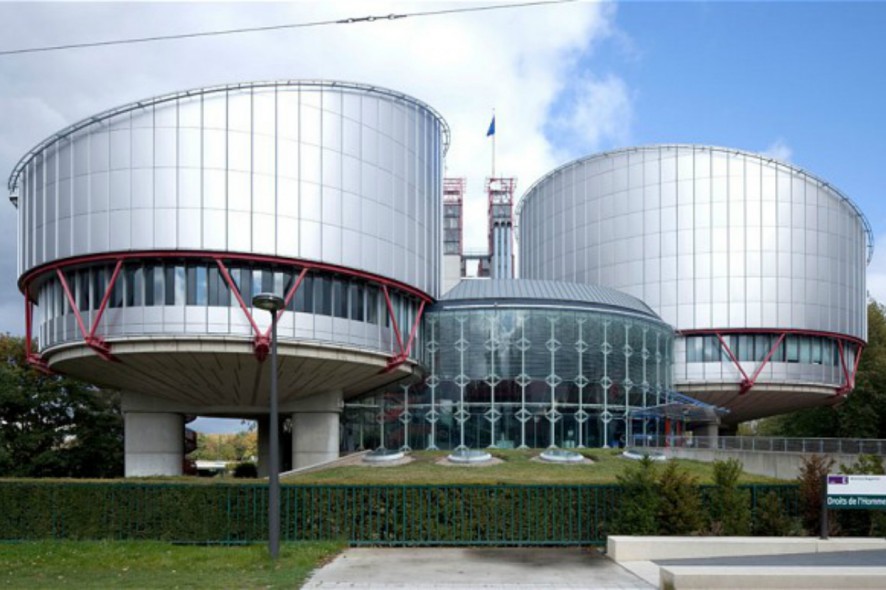European Court of Human Rights: In a land mark judgment, the Fourth Section of ECHR has ruled that mass surveillance of citizens is illegal and that the Hungarian Government had violated Article 8 of the Convention for the Protection of Human Rights and Fundamental Freedoms (right to respect for private and family life, home and correspondence) due to its failure to include “sufficiently precise, effective and comprehensive” safeguards that would limit surveillance to only people it suspected of crimes. The case concerned Hungarian legislation on secret anti-terrorist surveillance introduced in 2011. However, the Court was not convinced that it provided sufficient safeguards to avoid abuse. Notably, the scope of the measures could include virtually anyone in Hungary, with new technologies enabling the government to intercept masses of data easily concerning even persons outside the original range of operation. Furthermore, the ordering of such measures was taking place entirely within the realm of the executive and without an assessment of whether interception of communications was strictly necessary and without any effective remedial measures, let alone judicial ones, being in place.
A specific Anti-Terrorism Task Force was established within the Hungarian Police Force as of January 1, 2011. Its competence is defined in Section 7/E of Act No. XXXIV of 1994 on the Police, as amended by Act No. CCVII of 2011. Under this legislation, the task force’s prerogatives in the field of secret intelligence gathering include secret house search and surveillance with recording, opening of letters and parcels, as well as checking and recording the contents of electronic or computerised communications, all this without the consent of the persons concerned. A Minister of the government could approve a police request to search people’s houses, mail, phones and laptops if they sought to protect national security.
The applicants, Hungarian nationals worked for a non-governmental watchdog organisation which was critical of the government and had complained that they could potentially be subjected to unjustified and disproportionately intrusive measures within the framework of “Section 7/E (3) surveillance”, in particular for want of judicial control. They also complained that their exposure to secret surveillance without judicial control or remedy breached their rights under Article 6 (right to a fair hearing/access to court) and Article 13 (right to an effective remedy) read in conjunction with Article 8.
Observing that the legislation directly affected all users of communication systems and all homes, the Court observed with serious concern that the notion of “persons concerned identified … as a range of persons” might include indeed any person and be interpreted as paving the way for the unlimited surveillance of a large number of citizens. The Court held:
“Given that the scope of the measures could include virtually anyone, that the ordering is taking place entirely within the realm of the executive and without an assessment of strict necessity, that new technologies enable the Government to intercept masses of data easily concerning even persons outside the original range of operation, and given the absence of any effective remedial measures, let alone judicial ones, the Court concludes that there has been a violation of Article 8 of the Convention.”
The Court said the Hungarian Government should be required to interpret the law in a narrow fashion and “verify whether sufficient reasons for intercepting a specific individual’s communications exist in each case”. Every individual case must be looked at carefully and a decision made on each.
In a seperate concurring opinion, Pinto De Albuquerque, J. reiterated that “a system of secret surveillance designed to protect national security entails a risk of undermining or even destroying democracy on the ground of defending it”. However, Aluquerque, J observed that the substance of the judgment (per majority) risked failing to allay entirely the serious dangers for citizens’ privacy, the rule of law and democracy resulting from such a legal framework. [Case of Szabó and Vissy v. Hungary, Application No. 37138/14, decided on January 12, 2016]







